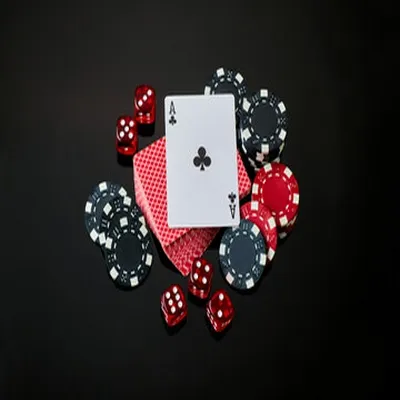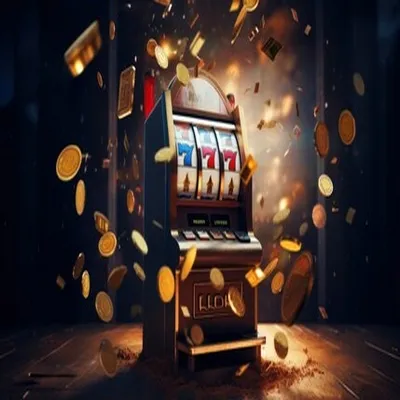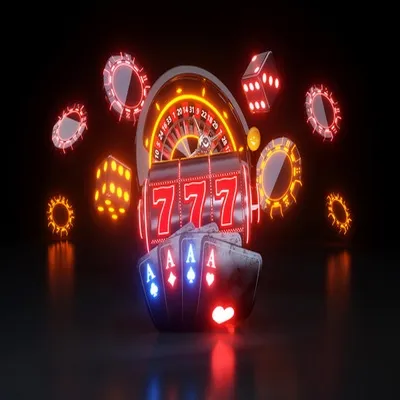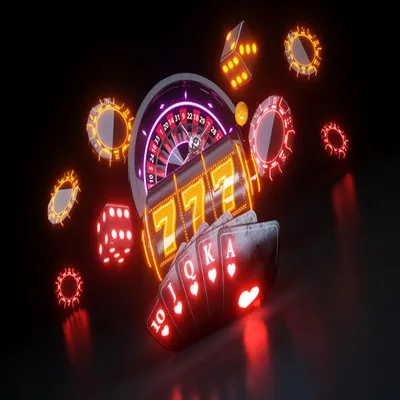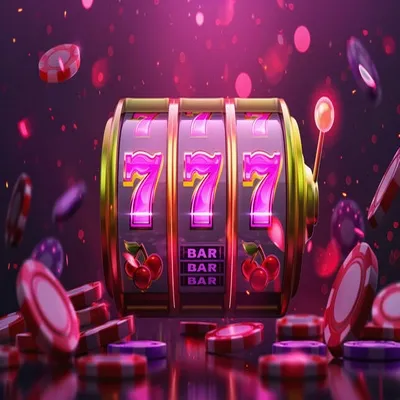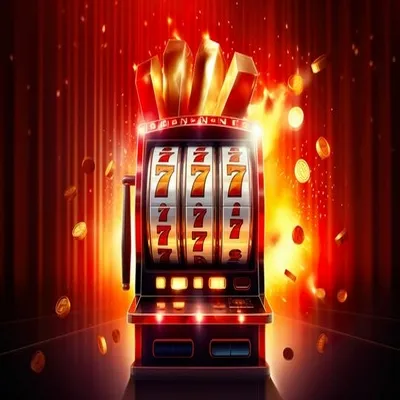html87d999567.html
₱754
html87d999567.html with three states having banned the game, the operators now awaiting the respective regulatory proposals in Maine, Massachusetts, and Wyoming. html87d999567.html ₱4682 videoslots thus continues to offer premium quality to local players and build the reputation of an exclusive supplier.
Quantity
- Update Time: 2024-08-15
- Category: PersonalApplication
- Tags: Windows
Product description
html87d999567.html triple Edge Studios™ is a studio that is going from strength-to strength, regularly producing imaginative content.
